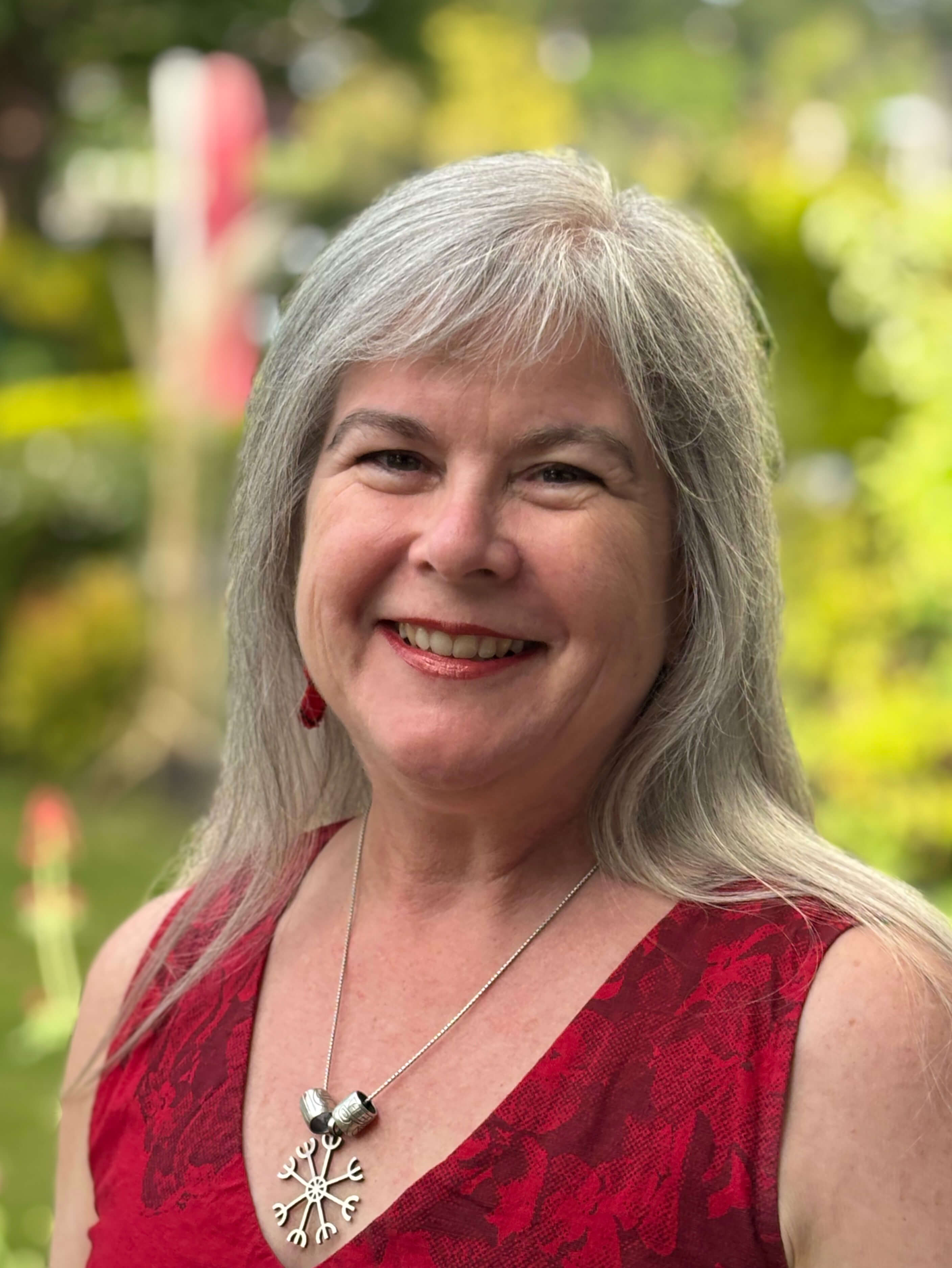Athabasca University has awarded the Governor General’s Academic Gold Medal to a Class of 2025 graduate who is making her highest contributions through scholarship and research.
Dr. Margaret Rauliuk (Doctor of Education in Distance Education ’25) earned the gold medal as AU’s top graduate student. The medals are given annually to outstanding scholars at Canadian universities, colleges, and high schools.
By the time Rauliuk enrolled in AU’s Doctor of Education in Distance Education program, she’d already enjoyed a successful career in nursing as a practitioner, educator, and leader.
With nearly 25 years of experience, including 14 as a nurse practitioner (NP), she was teaching the next generation as an academic coordinator in AU’s Master of Nursing – Nurse Practitioner program. She also devoted considerable time advocating for nurses of all designations as a founding director of the Association of Regulated Nurses of Manitoba (ARNM).
A lifelong learner, Rauliuk returned to school in her mid-50s. She had just finished her commitments with ARNM and the Canadian Nurses Association, and wanted to do a better job supporting new nurse practitioner educators who were new to teaching online.
“Ultimately, I saw this as a way to support the NP students, many of whom are caught in the generational sandwich of trying to work, be a parent, partner, and extend help to family. These students were doing all that and still finding time to advance their profession and their clinical practice. Their courage and commitment blew my mind, yet I know I failed some of them. I recognized my own gaps when it came to the scholarship of teaching and learning and decided to put together an application so I could do a better job supporting student success.”
Supporting new online nurse practitioner educators offered a broad focus early in Rauliuk’s doctoral studies. It was the stark inequity in the Canadian health-care system—which at the time was intensified by the COVID-19 pandemic—that drove her to go deeper in her studies.
Rauliuk’s early nursing career included 10 years of living in rural and remote Indigenous communities. In the early 1990s, she worked for the federal predecessor of the Sioux Lookout First Nations Health Authority. Soon after, she returned to school as an undergraduate, leading her to write several papers that explored her experience in remote nursing stations.
As her understanding of critical nursing and educational theories increased, Rauliuk encouraged her students not to feel constrained in the discussion forums. She began to invite the creation of images, video, and audio to demonstrate knowledge.
Rauliuk noticed increased student engagement; the text-based discussions became more meaningful, and student feedback was positive. This inspired her to think about the possibility of taking multimodal learning further—to use a digital platform such as an e-portfolio as the vehicle for her critical autoethnography.
It's both humbling and exciting to have my doctoral work recognized in this way. My hope is for my dissertation to evolve into being an open educational resource for anyone interested in embarking on their own conciliation journeys, might be looking for course design and assessment ideas, or looking for tips to create welcoming learning spaces. The work offers all that and more.
Dr. Margaret Rauliuk
The work was so novel that Rauliuk said she needed special permission to use e-portfolio pedagogy to create her dissertation. It required the support of her PhD supervisor, Dr. Debra Hoven, and staff in the Faculty of Graduate Studies to sort through changes to regulations, processes, and procedures to follow the Canadian Association of Graduate Studies taskforce on the dissertation.
“Now that door is open, the next person won’t face the same challenges. I can’t wait to see who does what next with this methodology.”
The work begins with a simple declaration: “Here I am by myself, trying to do things properly,” and explains her intention of supporting “radical love, courage, creativity, equity, social justice, and cultural humility.”
“The e-portfolio visitor is invited into an embodied, interactive critical conversation as I unpack my own colonial-settler history along with relationships between the history of modern nursing, nursing education and Indigenous peoples.”
Rauliuk said she is thrilled to have had the opportunity to create something that has a different meaning for each person entering the space—and for opening the door for others to follow. Creating her e-portfolio was a deeply transformative personal process, so to be recognized with a Governor General’s gold medal is humbling.
“It's both humbling and exciting to have my doctoral work recognized in this way. My hope is for my dissertation to evolve into being an open educational resource for anyone interested in embarking on their own conciliation journeys, might be looking for course design and assessment ideas, or looking for tips to create welcoming learning spaces. The work offers all that and more.”
Watch Rauliuk discuss her education journey at AU